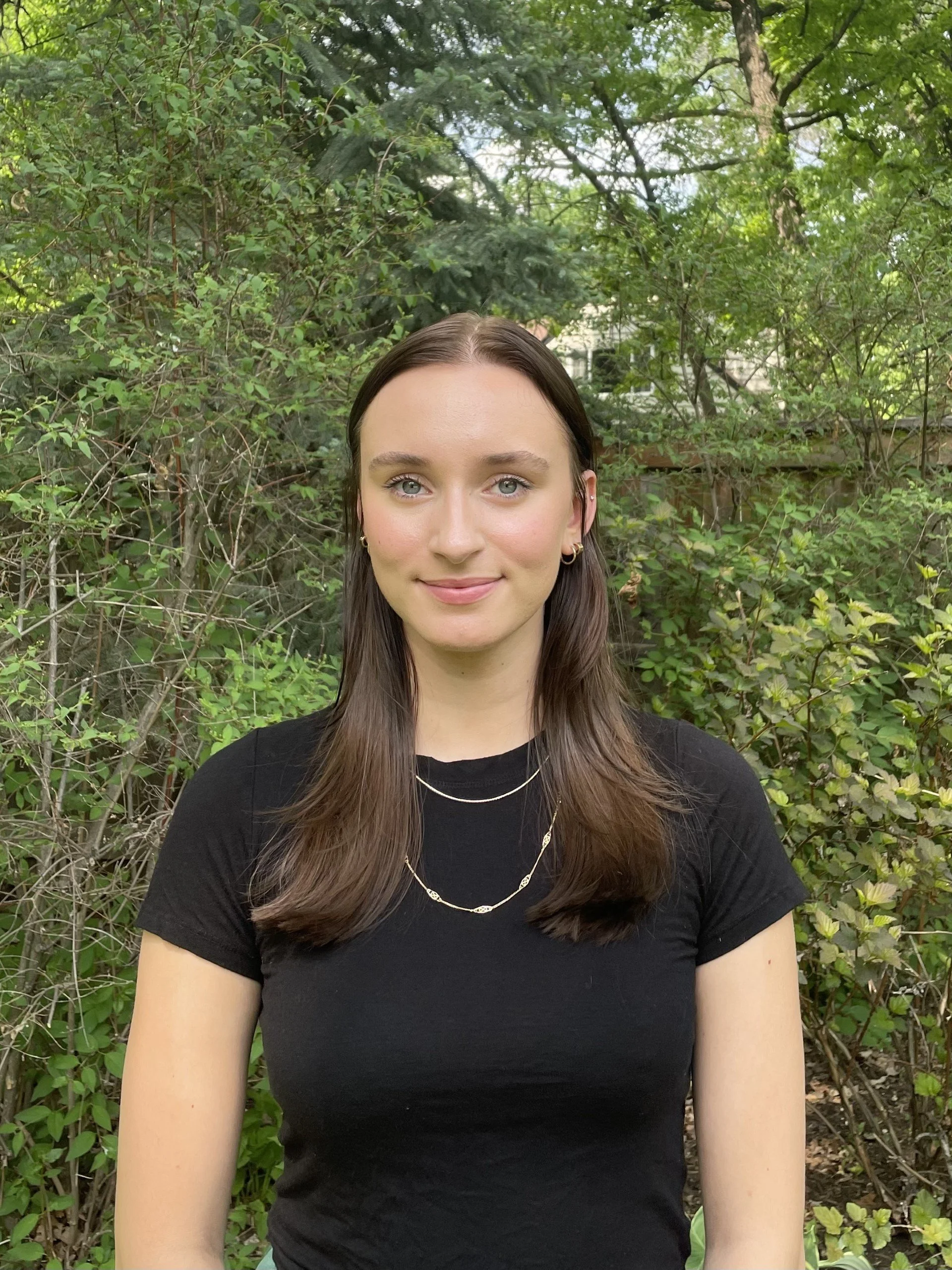Connecting for Care: Meet our Summer Student
We are currently wrapping up Phase 1 of Connecting for Care, and the survey will close on June 30th. This phase has involved the collection of survey data from individuals involved in child development and rehabilitation. If you are a researcher, clinician, a person who supports knowledge sharing, or a caregiver for a child with development or rehabilitation needs, and have not yet completed the survey, click on this link to participate before June 30, 2023. (As of June 30, 2023, the survey closed. Thank you for your interest, we look forward to sharing the results in a forthcoming publication.)
Read on to meet our Summer Student Emma, and hear what she is excited to learn about.
My name is Emma Haight, and I am a summer student with ENRRICH at CHRIM (the Children’s Hospital Research Institute of Manitoba). I am excited to be working on the Connecting for Care project this summer, in which we will be characterizing the knowledge translation network within Canada to describe how researchers, clinicians, families, and people who support knowledge sharing access information about child development and rehabilitation. I was drawn to this research project as I believe knowledge drives change. Over the past 3 weeks I have developed a better appreciation for the importance of knowledge translation. By identifying the key barriers and facilitators to sharing and accessing knowledge, impactful changes can be made which are crucial to improve the information and care that children and families receive.
Since joining to research team 3 weeks ago, I have been learning about qualitative research methods, and have begun to code data. Through coding survey data collected during the first phase of the study, I am identifying areas where improvement is needed to support better knowledge sharing. My summer research project is to work with survey data provided by health care provider participants of the Connecting for Care study, and code it according to the Theoretical Domains Framework (TDF). The TDF characterizes cognitive, environmental, social, and affective influences on behaviour. By using this framework, important barriers and facilitators to knowledge translation in the field of child development and rehabilitation can be identified. The data that I code from the health care provider participants will be compared with data from the other participant groups, and will inform Phase 2 of this study.
In Phase 2 the study team will conduct qualitative interviews with researchers, clinicians, people who support knowledge sharing, and caregivers who filled out the survey. The goal of the second phase is to develop a deeper understanding of specific factors within networks that impact knowledge translation efforts, and to inform strategies that can be used to improve access to knowledge and health care. I am looking forward to analyzing the data from our surveys, starting interviews, learning about the intricate details involved in a research project, while expanding my understanding of knowledge translation along the way!
Published June 1, 2023
About the Author
I am currently majoring in Psychology at the University of British Columbia. After completing my BA in Psychology, I hope to pursue a career within neuropsychological research, and I am thankful for the opportunity to gain research experience this summer.

